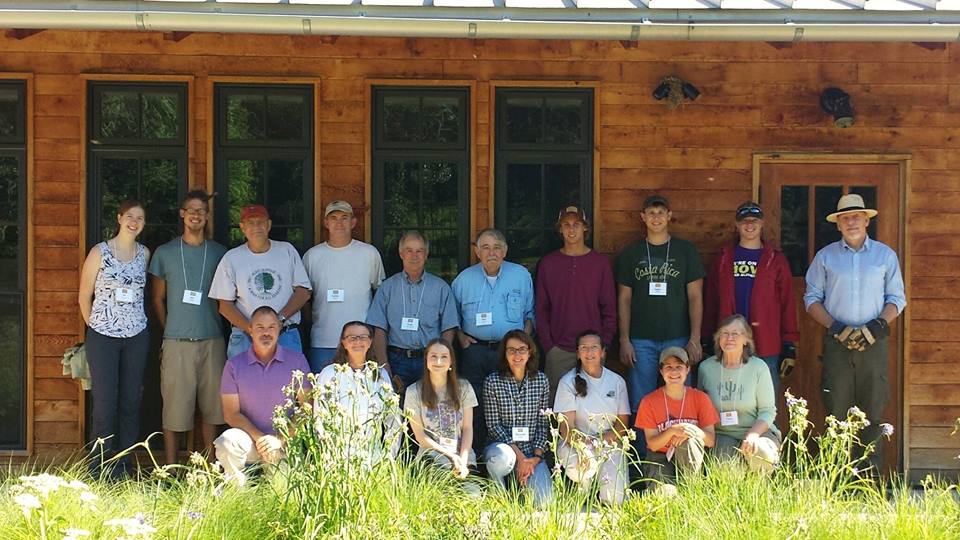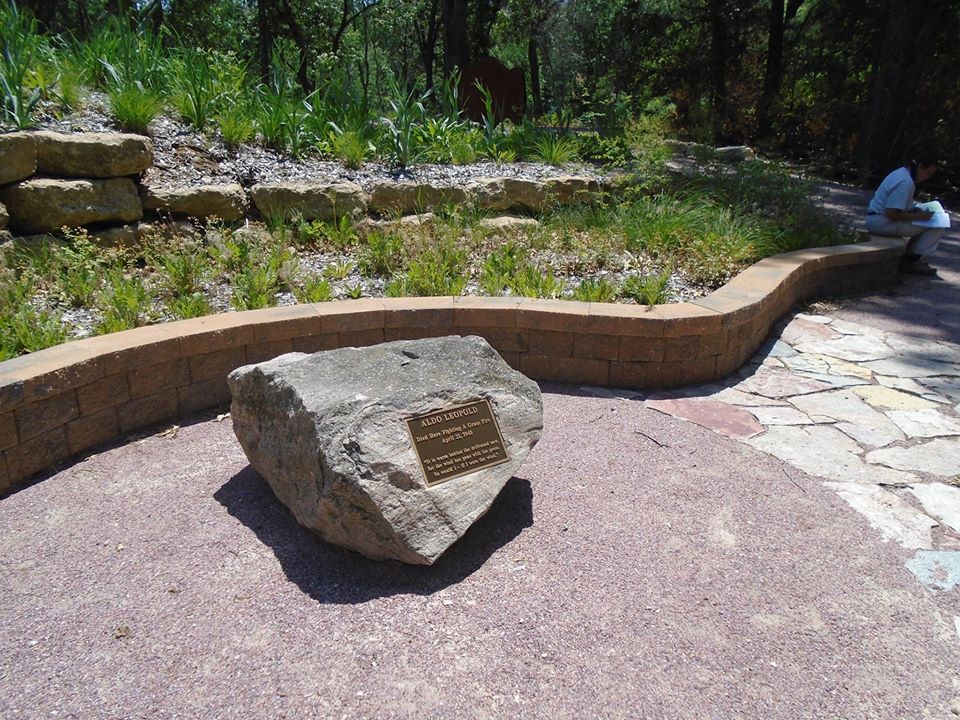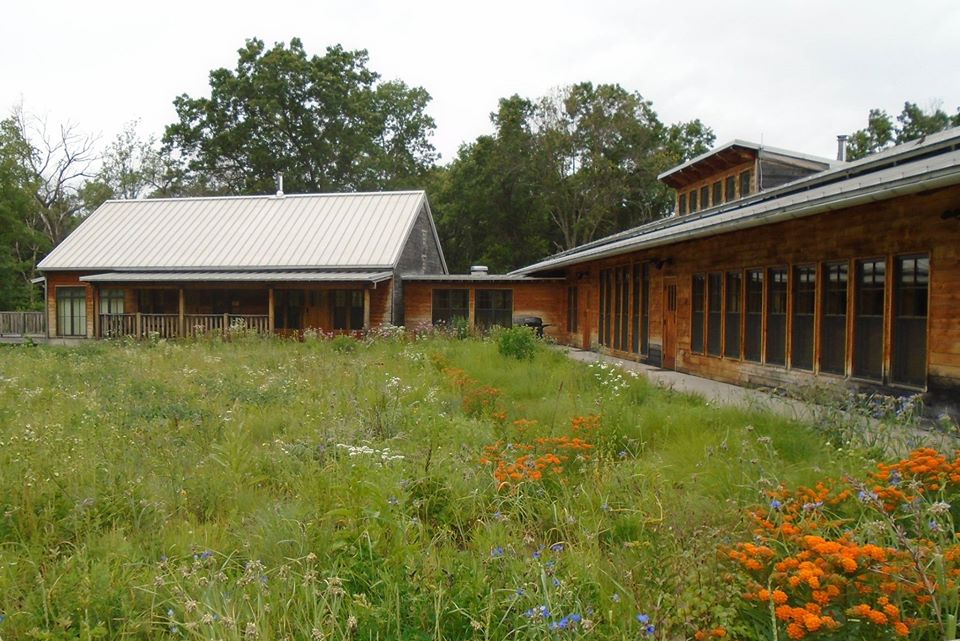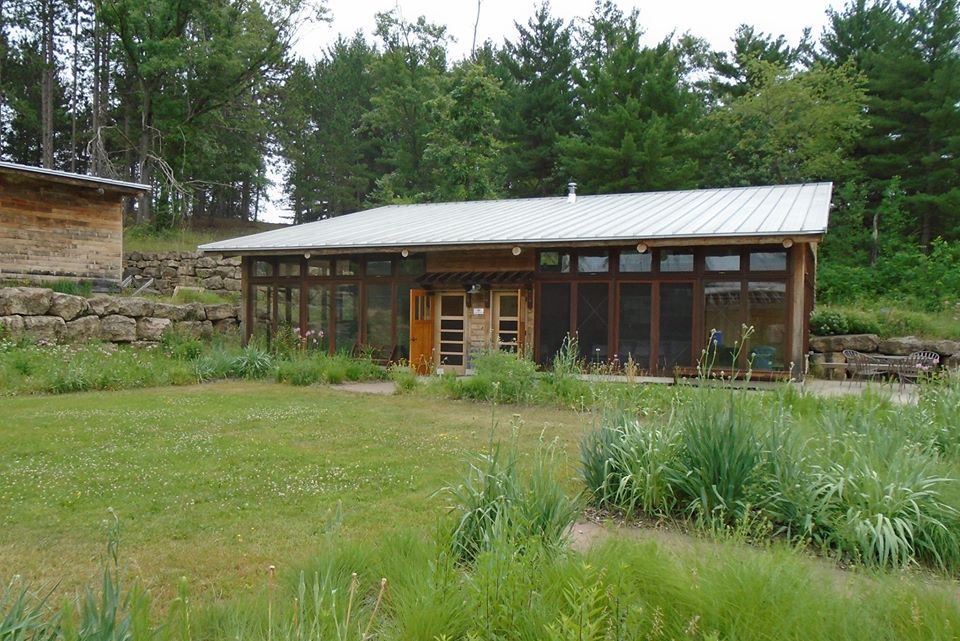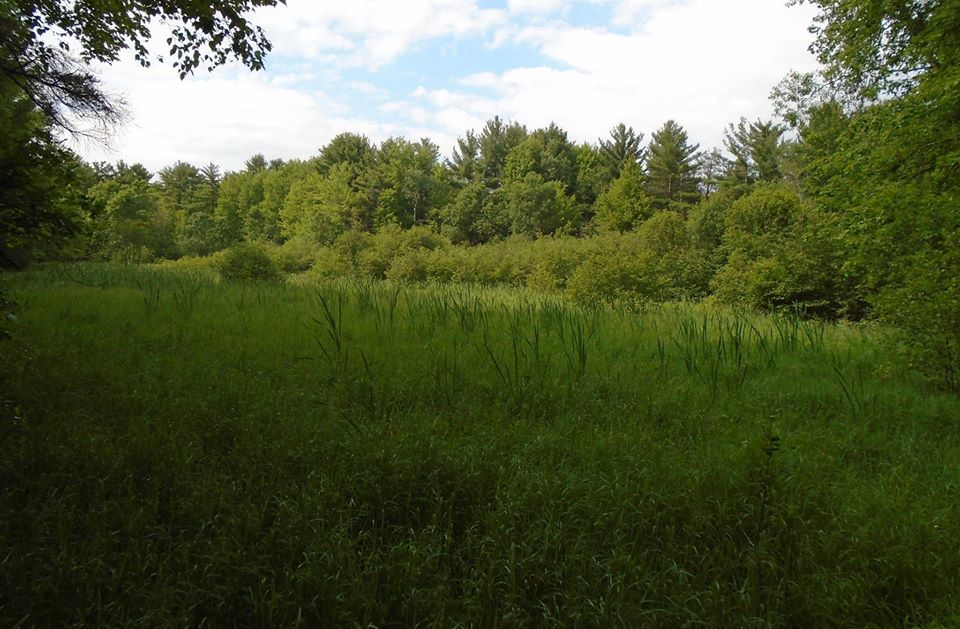I attended a program at the Aldo Leopold Foundation in Baraboo. We discussed conservation and how to communicate it with a more general public. The sessions are based on Leopold’s thinking and also his methods. He believed in learning actively. Observe – participate – reflect – observe … repeat.
I like it. It fits in well with my mindful boots-on-the-ground philosophy. You have to go to the places, experience them. You gain knowledge through practical experience, and it is always contingent on what happened before. That is why you need to absorb the context. However, while experience is mandatory, learning is optional, which is where the reflection and thinking comes in.
Anyway, the picture is our group photo. It was taken just before our work pulling invasive plants out of the prairie to get some of that hands-on experience. That is why some of us have gloves. Right after we finished the field work, we discussed Leopold’s essay “Axe in Hand” where he talks about making choices in conservation and understanding how we are affecting the land. The work helped with understanding and internalizing the essay.
I am in Baraboo at a two-day seminar at the Aldo Leopold Foundation. Leopold is the founder of an important stream of conservation, although I am not sure he would have taken credit for it.
Leopold’s “land ethic” is both simple and profound. We all live in the natural world and should be mindful of the choices we are making, both actions and inaction. Things we do that tend to improve the biotic communities on the land are good and those that harm them are bad.
The profound and ostensibly paradoxical part is that Leopold wrote that you cannot write a land ethic in a book. A land ethic has to be written on the land. You leave your signature on the land you manage and you learn from the land you are walking on. You learn from being involved. It is a melding of thinking and doing.
Observe – participate – reflect – observe … It is circular and endless, but even when I write it in this order it is misleading, since they overlap and merge in the practice.
The other point that Leopold made about the land ethic applies to most sorts of practical philosophy. It is dynamic. The process is constant; the conclusions are mutable depending on the interactions and the circumstances. I am thinking about this and I don’t suppose I can explain it in writing. But I think I understand some of it from my interaction with environments all over and from working on my own land.
I have owned my forest land for more than ten years now. I have seen many changes on the land and changes in how I view land, my own and others. I appreciate Leopold’s thinking on this more than I did, more than a could have, before I had the responsibility on my own property.
Anyway, Leopold summed up ethics by explaining that acting ethically meant that you did the right thing even when nobody is looking, even when doing the wrong thing is perfectly legal and maybe acceptable to others. Of course, he did not originate this thought, and never claimed it was original. But it is good to recall and reiterate.
My first two pictures are the Leopold Foundation buildings. Much of the wood is from trees Leopold planted. The buildings are designed to use lots of natural light and take advantage of the site for climate control. The third picture is a sedge meadow in Stevens Point. This is a wetland dominated by grass and forbs, generally w/o trees. Standing water is present only episodically, but the soils are generally saturated.

